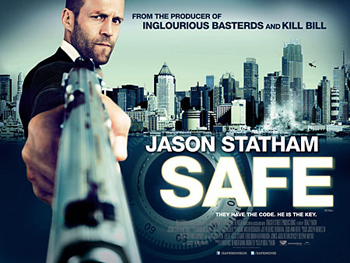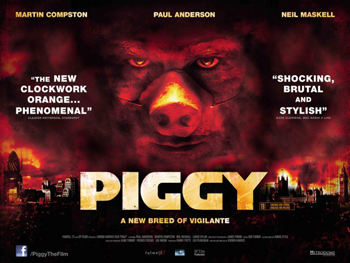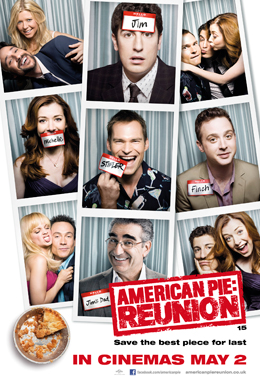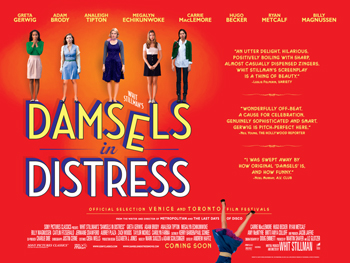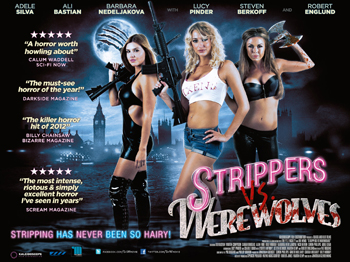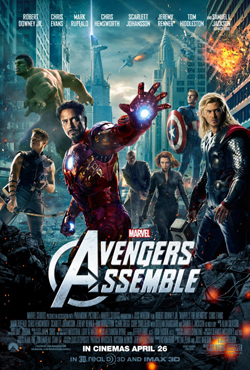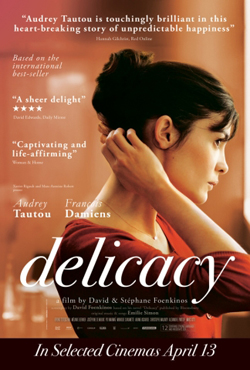Silent House **
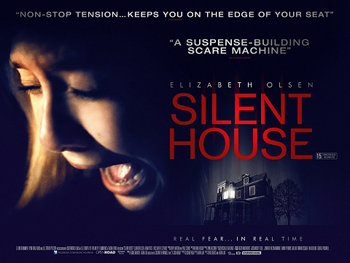 Elizabeth Olsen of Martha Marcy May Marlene (2011) fame is fast becoming the thriller poster girl, with her dreamy, unreadable persona that portrays a mixture of innocence and hidden danger. In Chris Kentis and Laura Lau’s new spooky thriller Silent House Olsen keeps us guessing as to her true personality once more, like in her confused character in the acclaimed 2011 film, and delivers another self-assured performance with the subject matter she is dealt. The flaws of the film are certainly not in her portrayal, rather in the confused plot that raises a disturbing issue but just doesn’t quite execute it satisfactorily.
Elizabeth Olsen of Martha Marcy May Marlene (2011) fame is fast becoming the thriller poster girl, with her dreamy, unreadable persona that portrays a mixture of innocence and hidden danger. In Chris Kentis and Laura Lau’s new spooky thriller Silent House Olsen keeps us guessing as to her true personality once more, like in her confused character in the acclaimed 2011 film, and delivers another self-assured performance with the subject matter she is dealt. The flaws of the film are certainly not in her portrayal, rather in the confused plot that raises a disturbing issue but just doesn’t quite execute it satisfactorily.
Sarah (Olsen) is helping her Dad, John (Adam Trese), move their belongings out of their creaky, old family house that is without power. Her Uncle Peter (Eric Sheffer Stevens) is also lending a hand. While packing, Sarah gets a visit from an amorous old childhood friend called Sophia (Julia Taylor Ross) who she cannot remember. After Peter leaves, and Dad goes off to get the power back on, Sarah finds she is alone and starts to experience strange and frightening happenings, making her question her own sanity.
Olsen is the film’s momentum; we experience the odd goings-on through her steps and point-of-view angles. The reasons for why these things are happening cannot be revealed, as it would totally spoil the film for anyone planning to see it. And Kentis and Lau’s film has not got much else to offer, following the classic scare tactics of other horrors when things go bump in the night. The only hook is finding out the difference between reality and imagination, and just who’s fooling who. Through Olsen we are kept relatively intrigued – and for those with a soft spot for the actress, equally titillated by her horror-film prerequisite ‘clingy’ attire, should the scare tactics fail to work or are becoming a little bit of a drag.
Lau’s screenplay just doesn’t flesh out adequately to reveal the true horror lurking in the family’s midst. It ends in a brutal and short-lived fashion that doesn’t attempt to tease out more of the dark secret, but just slams the conclusion in your face with no further investment in those who live to tell the tale. The ending is also obvious as to who the victor will be – and there can only be one given the subject matter, and there are no real surprises, once the photos are revealed. In this sense, it’s another acting triumph and showpiece for Olsen but not much of a stimulating watch.
Based on Gustavo Hernández’s more chilling La casa munda, Silent House has a powerful enough context behind it, but with hindsight, it disappoints when you think what kind of film it could have been. Still, Olsen is a star worth following and has carved out an impressive niche in the psychological thriller genre; so let’s hope for another Martha Marcy May Marlene for her to really sink her capable teeth into, rather than this serviceable nightmare of déjà vu happenings.
2/5 stars
By @FilmGazer

